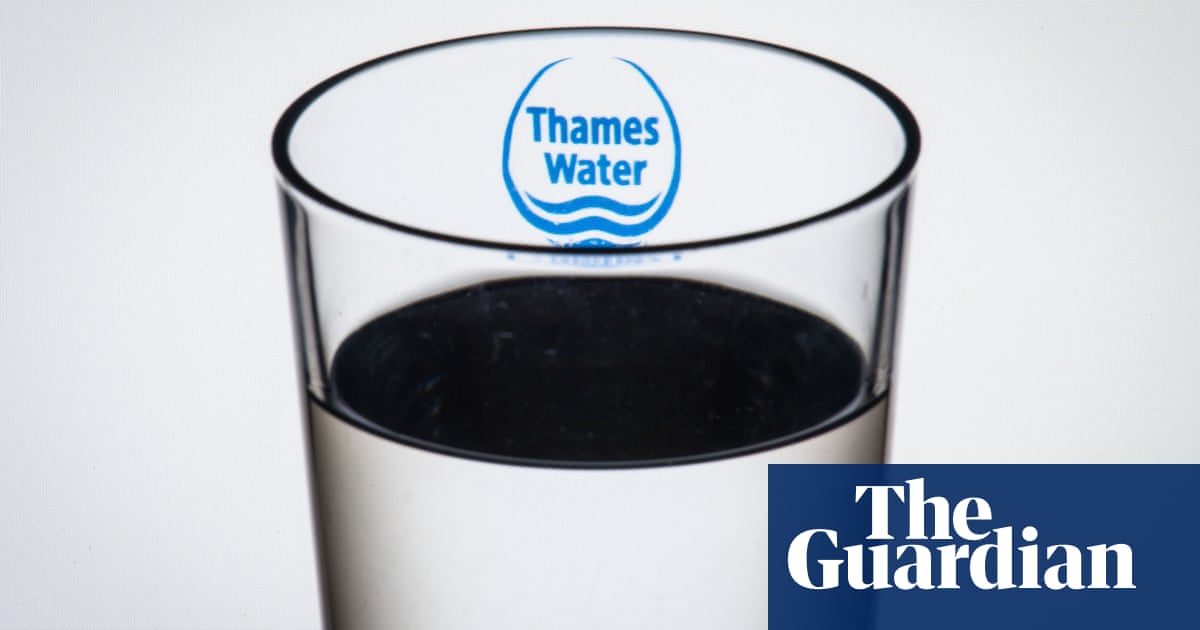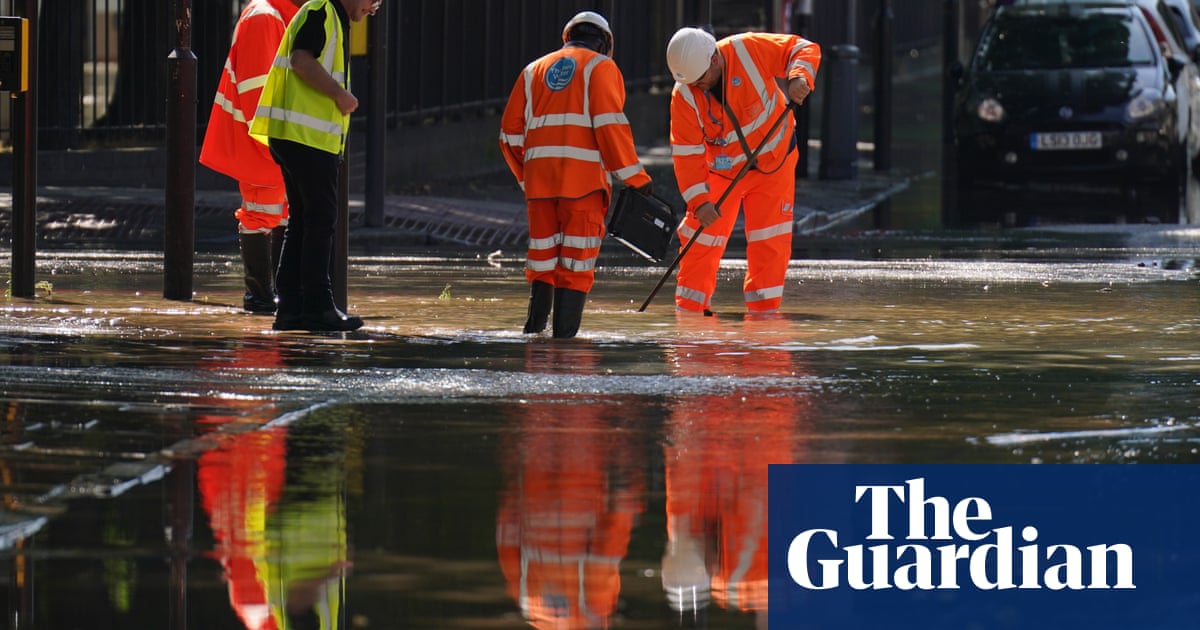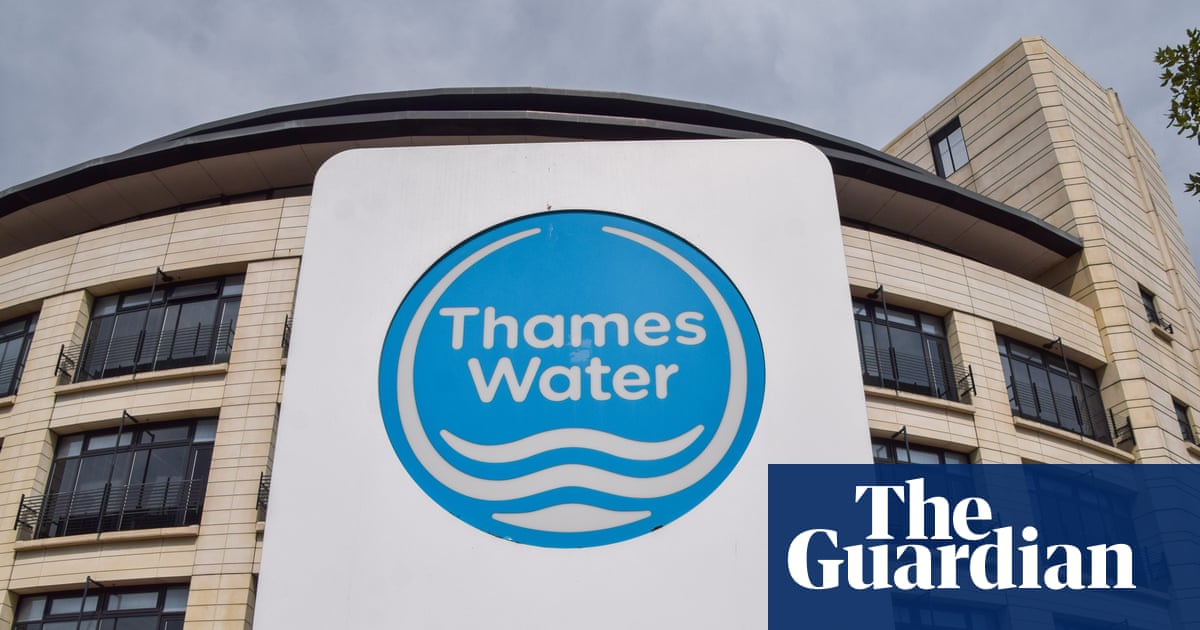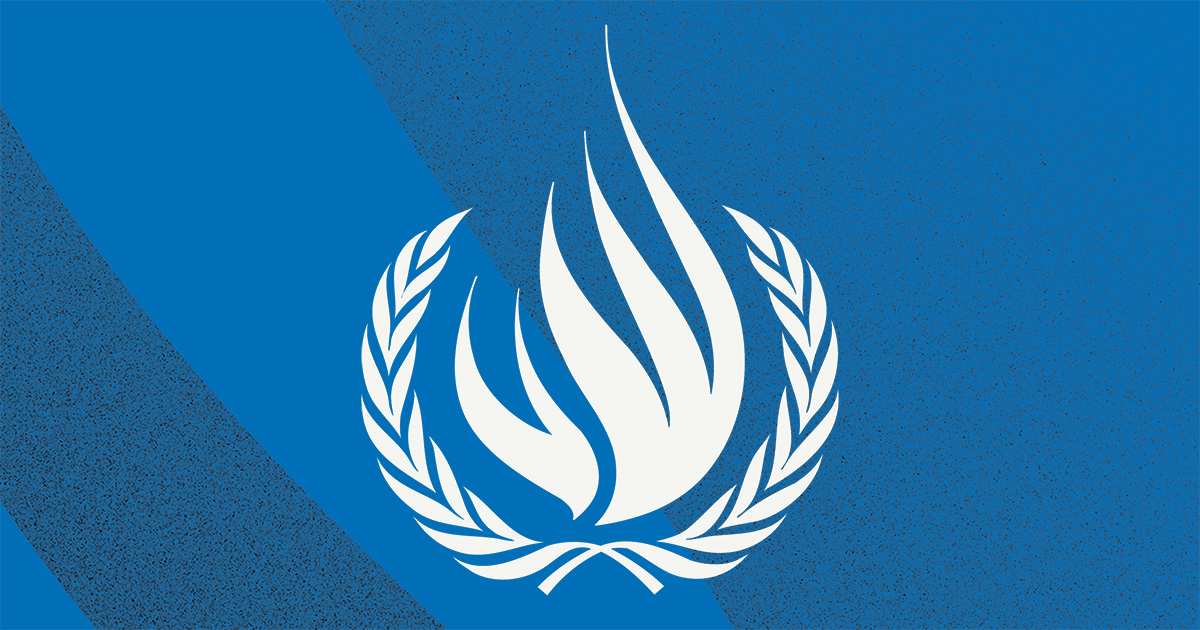
The standoff between Thames Water, its shareholders, the government and the industry regulator is beginning to resemble the final scene of Reservoir Dogs. As Britain’s biggest water supplier creaks, the finger pointing over its financial woes is under way.
Its executives and shareholders believe the regulator Ofwat has been too stringent, making the company “uninvestible”. Regulators have not caved in to Thames’s claims that it needs to hike customer bills, pay out dividends and receive lower environmental fines to survive, perhaps viewing it as brinkmanship.
Options include convincing new and existing investors to stump up more funds; a government-handled administration or a debt for equity swap. On Friday, its parent company, Kemble, asked its creditors to take no action after it missed an interest payment, defaulting on its debt.
Meanwhile, there are concerns that auditors may be unable to sign off the company’s accounts. Alongside an army of corporate advisers (who may prove to be the big winners) and civil servants, a motley cast of characters are butting heads. Here are the key figures:
Thames executives
In the (very murky) blue corner, are the water company’s top team. Thames is chaired by Sir Adrian Montague, a City veteran parachuted in last summer. Perhaps his most relevant experience was overseeing the creation of Network Rail, as deputy chair, while the ashes smouldered on predecessor Railtrack’s politically fraught administration.
The spectre of that situation looms large, and sources said Montague’s experience preparing the ground for the now Ofwat chair Iain Coucher’s time running Network Rail pointed to more convivial relations between Thames and regulator than was immediately evident.
In February, Montague stepped down from the Kemble board, in a sign of the growing difference in interest between the regulated, ringfenced water supplier and its struggling parent company.
The former Aggreko chief Chris Weston has been pitched straight into battle since taking the £2.3m-a-year chief executive job in January. The former army officer looks up for the fight. “He’s seen as a real bruiser,” says an industry source. “They’ve hired the bolshiest utilities executive they could find.”
Insiders said the role of the finance chief, Alastair Cochran, and the strategy boss, Cathryn Ross, who were interim chief executives last year, should not be underestimated. Ross’s ties with her former employer Ofwat have been scrutinised but “she won’t receive favourable treatment”, a source said.
Its non-executive directors include the former Heathrow boss John Holland-Kaye and the former Labour minister Ian Pearson, as well as directors with experience in accountancy and regulation.
Ofwat
In the red corner is a watchdog keen to bare its teeth after being accused of allowing water companies’ owners to rack up huge debts, pay out dividends and under invest in infrastructure while relentlessly dumping sewage. At its head, David Black has led Ofwat since 2021, and first joined the regulator in 2012. He grew up in New Zealand, trained as an economist and moved to the UK to work for the now defunct telecoms regulator Oftel.
Black has taken a more combative tone of late, as the regulator pushes back on excessive executive pay and dividends. Last year he said the industry’s huge debt piles, including Thames’s, were “their issue to sort out”.
Coucher, who has run the Atomic Weapons Establishment, also appears unlikely to back down. On his appointment in 2022, he was asked how tough he would be on the industry and its leaky infrastructure. “I will be as tough as I need to be,” he said.
People close to the situation said Ofwat had begun talking directly to Thames’s shareholders. Sources said the regulator had encouraged investors to view the industry on a “25-year to 50-year horizon”.
The government
In an election year, handling a Thames Water administration would prove a headache for Rishi Sunak. The communities secretary, Michael Gove, last week said the Thames leadership had been a “disgrace”, and ministers are so far resisting a temporary nationalisation. A junior minister, Robbie Moore, is technically in charge of the situation, with government speaking to Thames each week.
Behind the scenes, the government has assembled Project Timber, a cross-department team examining the implications of a Kemble or Thames collapse and how to ensure the supplier’s 16 million customers are unaffected.
Within this, the section dedicated to Ofwat has be labelled “Project Telford”. Sources said one of the options being studied could be breaking the unwieldy Thames into three operating companies.
Still, the Treasury is understood to be preparing for all eventualities including temporary nationalisation, war-gaming its potential future structure.
Efforts are being led by Tamara Finkelstein, a senior civil servant seasoned in handling tricky issues for government. She led the work on building safety after the 2017 Grenfell fire, before taking on the Department for Environment Food and Rural Affairs’ work on Brexit, and becoming the department’s permanent secretary in 2019. Her experience is recognised within the Treasury, which would have the ultimate say if Thames threatens to suck up government resource.
Last month, Sunak parachuted in his business adviser and former Morgan Stanley executive Franck Petitgas to oversee the talks between Thames, the government and the regulators. It is understood he is not involved day to day. The French-born retired banker and Tory donor, an archetypal “Davos man”, owns the sweeping Bosham manor in West Sussex, which includes Chichester Harbour.
The shareholders
Thames’s previous owner Macquarie, a shareholder between 2006 and 2017, has taken much of the heat for its state, as debts increased under the investment bank’s stewardship and £2.7bn in dividends were paid out.
The owners are now a collection of pension funds and infrastructure investors including the Canadian pension fund Omers, the UK university pension scheme USS, the investor Hermes GPE, the China Investment Corporation and a subsidiary of the Abu Dhabi sovereign wealth fund.
The group have been relatively faceless to this point, deciding Thames’s direction through private video calls spanning timezones. Omers’ investment is handled by Alastair Hall, an Oxford PPE graduate who spent his early career as a City dealmaker, before a decade at the Canadian pension fund looking after investments including Associated British Ports and HS1 high-speed railway.
Insiders said Tom Bolton was also a key figure – he held a Kemble directorship from 2017 to early 2023 and returned in January to hold directorship at both Thames and its parent companies, representing Hermes’s interests, alongside the experienced lawyer Perry Noble.
“Alastair and Perry are serious, competent people – they know the company well and won’t play games,” says one former Thames director. “China’s representatives on the board have always been quieter. The investment in British infrastructure is a status symbol for China.”
As Thames wobbles, that status may soon be diminished.












